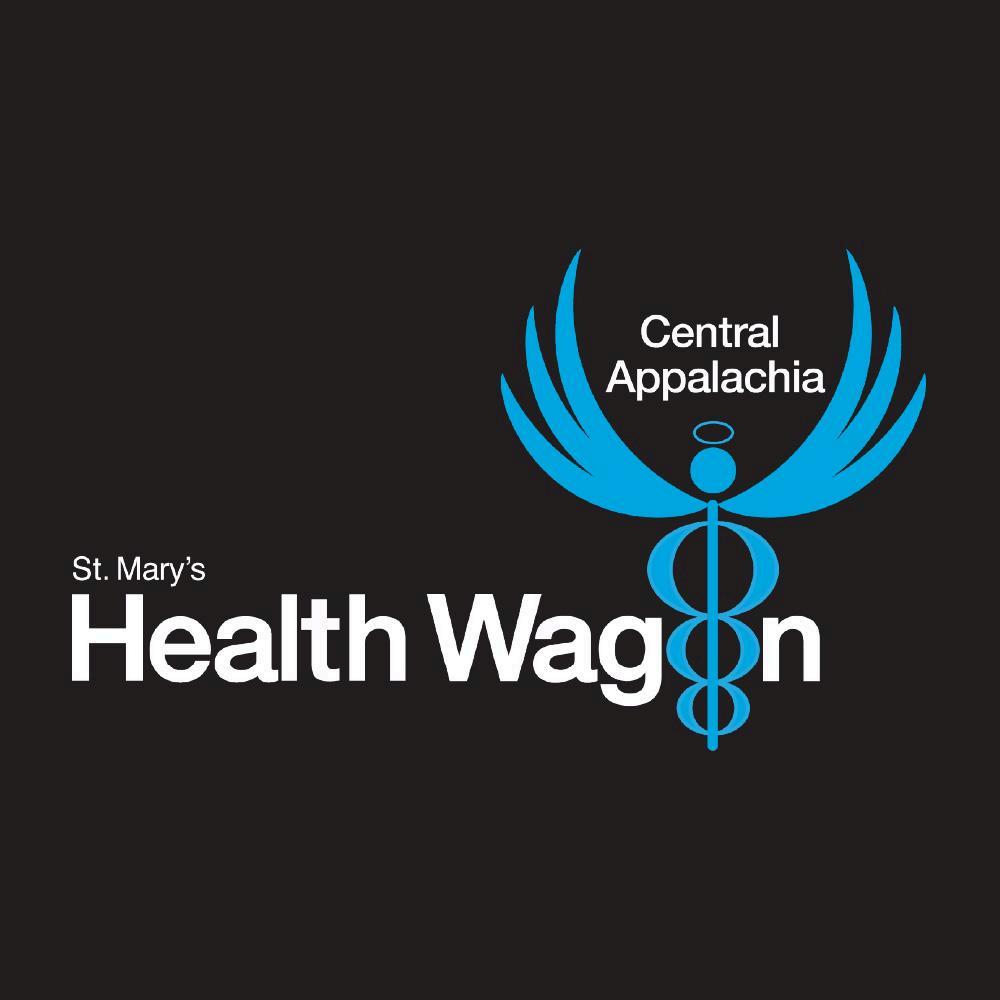Empowering Communities with Health Solutions That Work by Health Wagon

Communities around the world face numerous challenges in accessing quality healthcare. From limited resources to systemic inequalities, these obstacles prevent many people from receiving the care they need to lead healthy lives. As defined by Health Wagon, however, there is a growing movement to empower communities with affordable healthcare solutions that not
only address immediate medical needs but also create sustainable, long-term improvements in health outcomes. These solutions focus on providing accessible, effective care while ensuring that communities themselves are active participants in their own health journey
One key to empowering communities lies in promoting education and awareness about health issues People need to understand how to prevent diseases, recognize early warning signs, and take charge of their health before problems become serious Health education programs, especially those that focus on nutrition, exercise, and mental health, can be implemented through schools, community centers, and local organizations These programs not only empower individuals but also help to reduce the burden on healthcare systems by preventing chronic conditions and improving overall well-being.
In addition to education, improving healthcare infrastructure in underserved areas is essential Establishing local health clinics and training healthcare workers within communities ensures that care is available when and where it is needed Mobile health clinics and telemedicine services also provide solutions that reach remote areas, overcoming the barriers of geography and cost. These services are increasingly important in a world where many people live in regions with few healthcare facilities and lack transportation to urban centers
Another crucial element of empowering communities with health solutions is addressing the social determinants of health, such as housing, clean water, and employment By tackling these issues alongside healthcare, communities can experience more comprehensive, lasting improvements. For example, improving access to healthy food and safe living environments directly impacts physical and mental health Partnerships between healthcare providers, local governments, and nonprofit organizations are essential in creating these holistic solutions.
Empowering communities with sustainable healthcare solutions is key to building healthier societies By providing education, improving infrastructure, and addressing social factors, we can ensure that everyone, regardless of their background, has the tools and resources to lead a healthy life Through collective action, we can create lasting change and make healthcare truly accessible for all.
